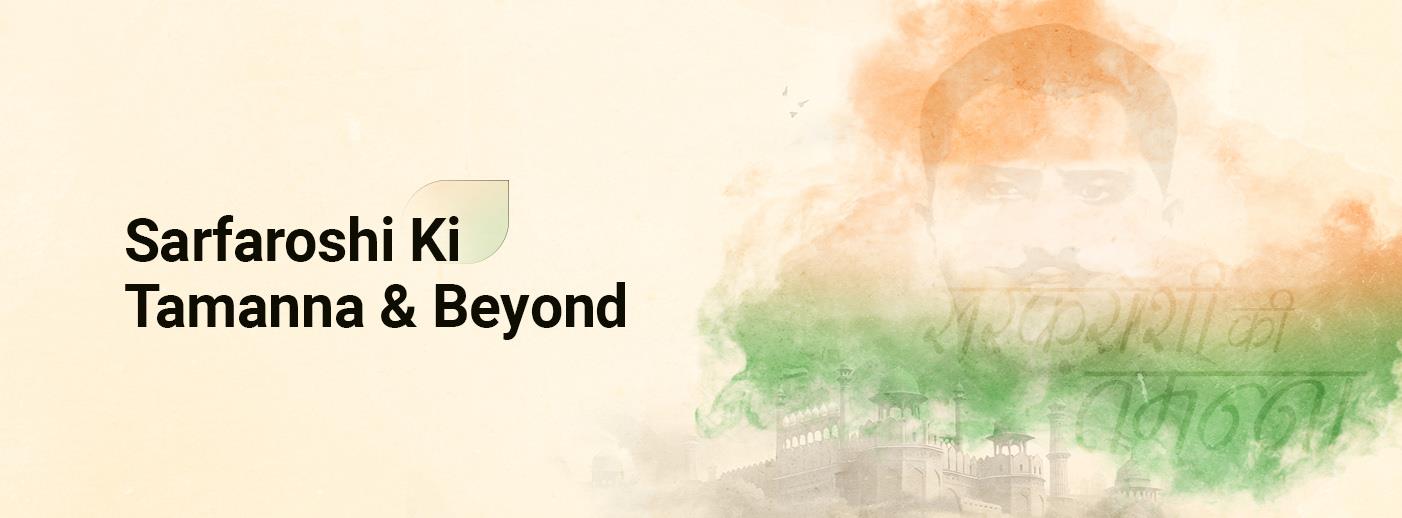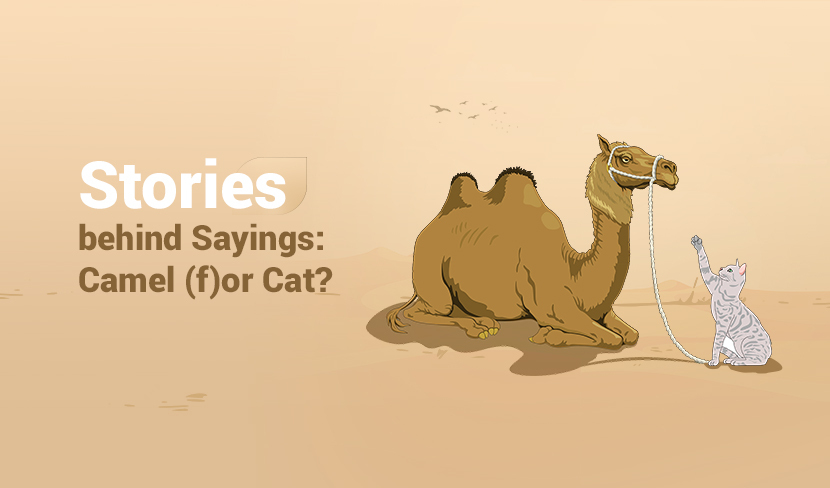زیادہ تلاش کیے گئے الفاظ
محفوظ شدہ الفاظ
کِھسیانی بِلّی کَھمبا نوچے
جسے غصہ آرہا ہو وہ دوسروں پر اپنی جھلاہٹ اتارتا ہے، بے بسی میں آدمی دوسروں پر غصہ اتارتا ہے، شرمندہ شخص دوسروں پر اپنی شرمندگی اتارتا ہے، کمزور کی جھنجھلاہٹ
چَمَنِسْتان
ایسا باغ جہاں پھول کثرت سے ہوں، ایسی جگہ جہاں دور تک پھول ہی پھول اور سبزہ سبزہ نظر آئے، گلزار، گلستان، باغ، پھولوں کا قطعہ، سبز کھیت
Sarfaroshi Ki Tamanna and Beyond

August 15th, India’s Independence Day, is celebrated with grandeur and heartfelt pride. The Urdu language holds a profound historical and emotional bond with India’s struggle for freedom. The revolutionary cry — “Inquilab Zindabad” — became the very soul of that struggle.
This clarion call was championed by the eminent Urdu poet and patriot, Hasrat Mohani. Among the many verses that inspired revolutionaries, one poem in particular became an enduring anthem of resistance. It is said that when the martyr Ram Prasad Bismil faced the gallows, these words lingered on his lips:
Sarfaroshi ki tamanna ab hamare dil mein hai
Dekhna hai zor kitna bazu-e-qatil mein hai
(The desire for martyrdom now burns within our hearts;
Let us witness the strength of the executioner’s arm.)
Understanding Sarfaroshi and the Root Farosh
The word “Sarfaroshi” combines “sar” (سر) meaning “head” and “faroshi” (فروشی) derived from the root “farosh” meaning “to sell” or “to trade.” Literally, “sarfaroshi” connotes “selling one’s head” — that is, offering one’s life or risking death for a noble cause.
“Farosh” itself originates from Persian, where it means “seller” or “one who trades.” It serves as a suffix in Urdu to form many compound words:
• When attached to tangible, worldly nouns — like “meva farosh” (fruit seller) — it denotes a literal seller or trader.
• However, when paired with intangible, emotional, or spiritual nouns, the meaning transforms metaphorically to imply sacrifice, giving up, or manifesting something abstract.
The Dual Nature of “Farosh” in Urdu
Take “Jalwa Farosh” (جلوہ فروش) for example:
• Literally: “seller of splendour or radiance.”
• Figuratively: one who displays or manifests their beauty — essentially, a show-off or someone who publicly flaunts their charm.
This nuanced use appears beautifully in the couplet:
Jalwa farosh aap hain, main dil farosh hoon
Aiseon se kya banega, yeh sauda hi aur hai
Here, “Jalwa Farosh” means “one who sells or shows off splendour,” while “Dil Farosh” means “one who sacrifices or offers his heart.” The poem contrasts two different kinds of ‘trade’ — one superficial, the other sincere.
Who, Then, is a “Zameer Farosh”?
“Zameer” (ضمیر) refers to the conscience — the inner voice of morality and truth.
“Farosh”, as established, means “seller.”
Thus, a “Zameer Farosh” is one who sells their conscience — a person who compromises their principles and truth for worldly gain, be it money, power, or favor.
This concept is especially poignant when contrasted with the “Sarfarosh” — the self-sacrificer for a righteous cause. The Sarfarosh is a martyr who would never be a Zameer Farosh.
The Sublime Layers of Urdu and Its Revolutionary Spirit
We started with “Sarfaroshi” — the heroic readiness to sacrifice life — and ended with “Zameer Faroshi” — the lamentable selling of one’s integrity. The etymological journey reveals how the root “farosh” straddles the spectrum of human values from honor to betrayal.
This is the enchantment of language — especially Urdu — a language enriched and layered with influences from Persian, Arabic, and local tongues, weaving deep meanings into seemingly simple words.
Delete 44 saved words?
کیا آپ واقعی ان اندراجات کو حذف کر رہے ہیں؟ انہیں واپس لانا ناممکن ہوگا۔






